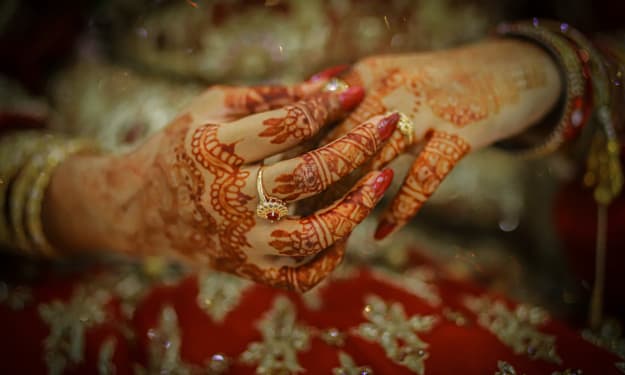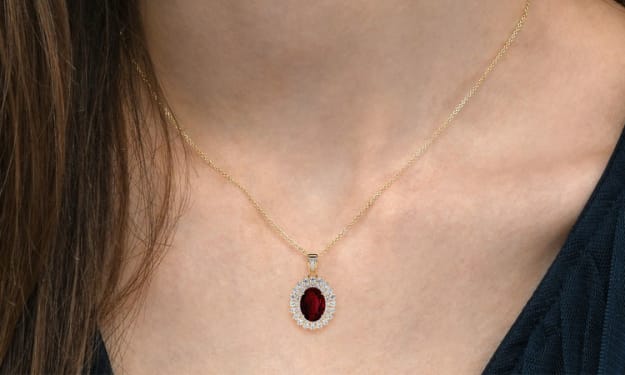
Anicent marriages
Marriage has been a fundamental institution in various cultures throughout history. Ancient civilizations such as the Greeks, Romans, and Egyptians had their own unique beliefs and practices surrounding matrimony. These societies valued the importance of marriage for various reasons, including the continuation of family lineages, the strengthening of social and political alliances, and the regulation of sexual behavior.
In ancient Greece, marriage was primarily viewed as a political and economic union. Wealthy families would arrange marriages for their children in order to secure advantageous alliances with other powerful families. The bride's father would typically provide a dowry, or a transfer of wealth, to the groom's family as a symbol of the union. The bride was expected to be a virgin, and the groom was usually much older than the bride. Marriages were arranged by the couple's families and were often performed in a religious ceremony.
In ancient Rome, marriage was seen as a sacrament and was regulated by law. Roman law stated that marriage was a union between a man and a woman, and it was considered a lifelong bond. Divorce was possible, but it was rare and only allowed in certain circumstances, such as adultery or cruelty. The bride was expected to be a virgin and the groom was required to pay a dowry to the bride's family. The wedding ceremony typically took place in the bride's home and was performed by a priest. The couple would then exchange vows and be crowned with a garland of flowers.
In ancient Egypt, marriage was considered a sacred union between a man and a woman. The wedding ceremony was typically performed in a temple, and the couple would exchange vows and exchange rings made of papyrus or rushes. The bride was expected to be a virgin and the groom was required to provide a dowry to the bride's family. Marriage was seen as a way to protect the family line and ensure the continuation of the family's wealth and status.
In all of these ancient cultures, marriage was seen as a social and economic bond between families. It was not until later in history that the idea of love and personal affection became important in the idea of marriage. In many cases, the bride and groom would only meet each other on their wedding day and would not have a say in who they married. Nevertheless, the institution of marriage was considered an important aspect of ancient societies and helped to maintain social order and stability.
Despite the differences in beliefs and practices, the importance of marriage in ancient cultures cannot be overstated. Marriage was seen as a way to ensure the survival of families, to strengthen political and social alliances, and to regulate sexual behavior. It remains a vital institution in many cultures today and continues to shape the lives of individuals and societies around the world.
In conclusion
ancient marriages were very different from modern marriages in many ways. They were often arranged by families for political, economic, or social reasons and were not necessarily based on love. Marriage was seen as a way to form alliances between families and was considered a very important social institution. Women had limited rights and were often seen as property to be traded between families. However, there were also instances where love was considered as a factor in marriage, particularly in the more privileged classes. Despite the differences, the basic principle of marriage as a union between two individuals remained unchanged. Today, people continue to value the institution of marriage, but have adopted more liberal attitudes towards love and individual choice in the selection of a life partner.






Comments
There are no comments for this story
Be the first to respond and start the conversation.